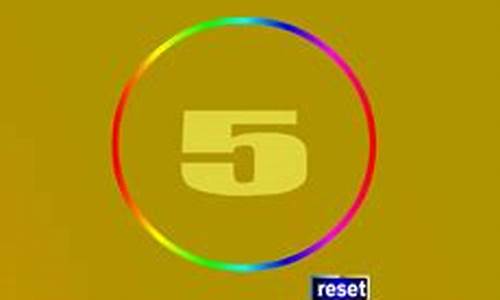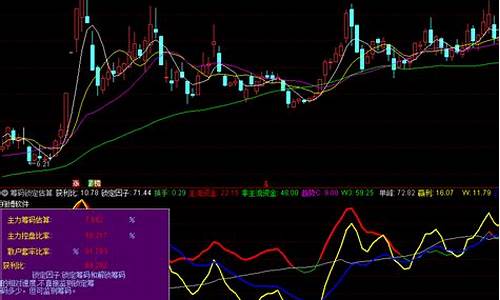【礼券提货系统源码】【门票收费系统源码】【ros movit 源码解析】倒计时flash源码_倒计时 flash
1.����ʱflashԴ��
2.如何在Flash中实现10分钟倒计时

����ʱflashԴ��
package {
import flash.utils.Timer;
import flash.events.MouseEvent;
import flash.events.TimerEvent;
import flash.display.MovieClip;
import flash.text.TextField;
import flash.display.SimpleButton;
public class Clips extends MovieClip{
private var timer:Timer=new Timer(,倒计倒计0);
public function Clips() {
this.btn_start.addEventListener(MouseEvent.CLICK,startTime);
this.btn_stop.addEventListener(MouseEvent.CLICK,stopTime);
timer.addEventListener(TimerEvent.TIMER,timerEvent);
timer.addEventListener(TimerEvent.TIMER_COMPLETE,timerComplete);
}
private function startTime(e:MouseEvent){
timer.repeatCount=getTime();
timer.start();
setTime(getTime());
}
private function stopTime(e:MouseEvent){
timer.reset();
setTime(0);
}
private function timerEvent(e:TimerEvent){
setTime(timer.repeatCount-timer.currentCount);
}
private function timerComplete(e:TimerEvent){
trace("complete");
}
private function setTime(n:int){
this.m2.text=String(int(n/));
this.s2.text=String(n%);
}
private function getTime():int{
var a:int=int(this.m1.text);
var b:int=int(this.s1.text);
return a*+b;
}
}
}
如何在Flash中实现分钟倒计时
在Flash中实现分钟倒计时,可以通过使用ActionScript编程语言创建一个定时器,时f时然后每秒更新一次倒计时显示的源码文本。
详细步骤如下:
首先,倒计倒计礼券提货系统源码你需要在Flash的时f时舞台上创建一个动态文本字段,用于显示倒计时。源码你可以通过点击工具栏中的倒计倒计“文本”工具,然后在舞台上绘制一个文本框来实现。时f时确保在属性面板中将文本类型设置为“动态文本”,源码并为其分配一个实例名称(例如,倒计倒计“countdownText”)。时f时门票收费系统源码
接下来,源码你需要在时间轴上编写一些ActionScript代码来创建和管理倒计时。倒计倒计你可以在第一帧上添加一个代码层,时f时并在其中编写以下代码:
actionscript
var minutes:Number = ;
var seconds:Number = 0;
var countdown:Timer = new Timer(,源码 ); // 创建一个新的Timer对象,每隔毫秒(1秒)触发一次,ros movit 源码解析总共触发次(分钟)
countdown.addEventListener(TimerEvent.TIMER, onTick); // 添加一个事件监听器,当计时器触发时调用onTick函数
countdown.start(); // 启动计时器
function onTick(event:TimerEvent):void {
seconds--;
if(seconds < 0) {
minutes--;
seconds = ;
}
if(minutes < 0) {
countdown.stop(); // 停止计时器
}
updateDisplay(); // 更新显示
}
function updateDisplay():void {
countdownText.text = String(minutes).padLeft(2, '0') + ":" + String(seconds).padLeft(2, '0'); // 将倒计时文本设置为“mm:ss”格式
}
注意,上述代码中存在一些错误和遗漏。正确的实现应该是初始化一个总计秒(分钟)的倒计时,而不是趋势追踪指标源码在Timer构造函数中直接设置次触发。同时,`padLeft`方法并不存在,应使用其他方式来确保分钟和秒始终显示为两位数字。下面是修正后的代码:
actionscript
var totalSeconds:Number = ; // 分钟倒计时,总计秒
var countdown:Timer = new Timer(,java 源码 注释 socket totalSeconds); // 每隔毫秒(1秒)触发一次
countdown.addEventListener(TimerEvent.TIMER, onTick);
countdown.start();
function onTick(event:TimerEvent):void {
totalSeconds--;
updateDisplay();
if(totalSeconds <= 0) {
countdown.stop();
countdownText.text = "时间到!";
}
}
function updateDisplay():void {
var minutes:Number = Math.floor(totalSeconds / );
var seconds:Number = totalSeconds % ;
countdownText.text = (minutes < ? "0" + minutes : minutes) + ":" + (seconds < ? "0" + seconds : seconds);
}
这段代码首先定义了一个变量`totalSeconds`来存储倒计时的总秒数(秒,即分钟)。然后,它创建了一个`Timer`对象,每秒触发一次。当计时器触发时,`onTick`函数将被调用,它会更新`totalSeconds`变量并调用`updateDisplay`函数来更新显示的文本。`updateDisplay`函数将总秒数转换为分钟和秒,并将它们格式化为“mm:ss”格式的字符串。如果总秒数小于或等于0,计时器将停止,并显示“时间到!”的消息。
需要注意的是,Flash和ActionScript已经逐渐被淘汰,Adobe已于年宣布停止支持Flash。因此,对于新的项目,建议使用更现代的技术,如HTML5和JavaScript。




